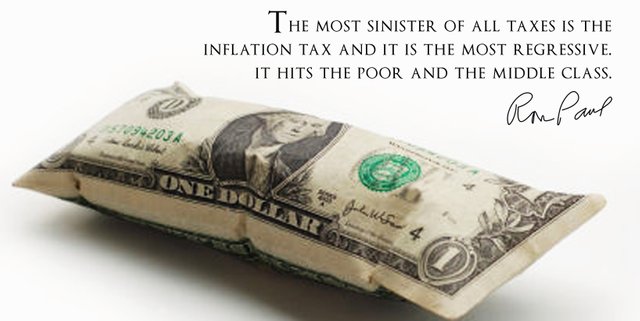I wrote this article a while back but did not publish it:
Get ready for the inflation crisis! -opinion
There are two kinds of inflation: (1) inflation that accompanies boom and bust cycles (this kind of inflation is natural and incentivizes proper allocation of resources); and (2) unnatural increases in prices of goods and services that results from money printing (too much money sloshing around the economy).
After decades of economic manipulation (i.e., mismanagement, by definition), the economic reality is that the U.S. economy's apparent stability in prices is misleading. The reason the U.S. economy is not experiencing massive inflation right now as a result of the second inflation factor that I cite (money printing) is that the economy sucks. The economy sucks because of draconian COVID policies on top of huge amounts of government spending (see $3.5T budget). Government spending wrecks the naturally swift economic cycles. Remember the "lost decade of growth" in Japan in the 1990s?
So forget the Chinese government, the Russian government, Hunter's laptop, corona virus, EMPs, etc. and get ready for the inflation crisis. This government-caused crisis will be unlike other "crises". The only way out of an inflation crisis will be for the U.S. government to cut its largess, to reverse loose lending, and to start over. However, all is not lost. The world has a sound money alternative -- namely, Bitcoin and all of the amazing blockchain development. Here is hoping for the first bloodless revolution in history.
=============================================
https://www.thebalance.com/japan-s-lost-decade-brief-history-and-lessons-1979056
Japan's lost decade was largely caused by speculation during a boom cycle. Record-low interest rates fueled stock market and real estate speculation that sent valuations soaring throughout the 1980s. Property and public company valuations more than tripled to the point where a three square meter area near the Imperial Palace was sold for $600,000.2
Upon realizing that the bubble was unsustainable, the Bank of Japan raised interest rates to try and stem the speculation. The move quickly led to a stock market crash and debt crisis, as borrowers failed to make payments on many debts that were backed by speculative assets.3 Finally, the issues manifested themselves in a banking crisis that led to consolidation and several government bailouts.4

